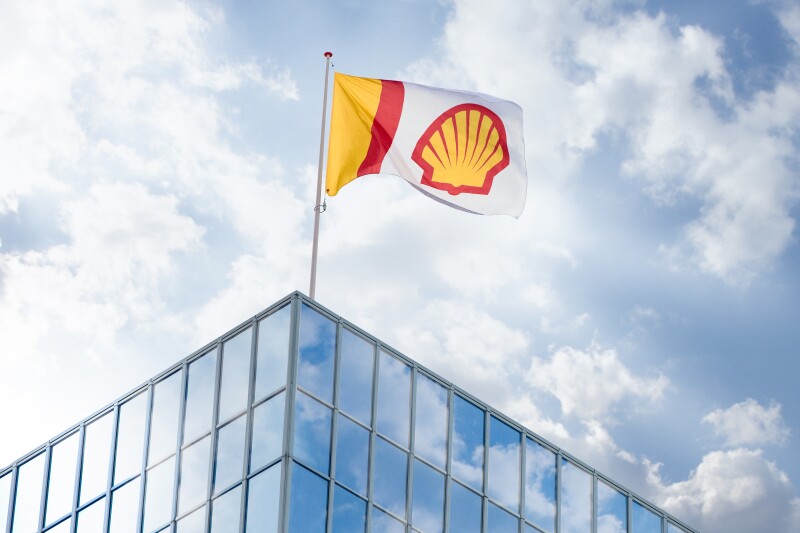Sarawak Shell Berhad (SSB), a subsidiary of Shell, and partner Petronas have taken a final investment decision (FID) to develop the Rosmari-Marjoram gas project offshore Malaysia. The Rosmari-Marjoram fields are situated 220 km off the coast of Bintulu, Sarawak, and will be powered by renewable energy, using solar power for the offshore platform.
“Rosmari-Marjoram will help to deliver a secure and reliable supply of energy, responsibly and efficiently,” said Shell Upstream Director Zoe Yujnovich. “This demonstrates our Powering Progress strategy—powering lives, generating value, and reducing emissions by using renewable energy to power Rosmari-Marjoram.”
Rosmari and Marjoram are deepwater sour gas fields discovered in 2014. The joint development will comprise a subsea tieback, an unmanned wellhead platform, a 207-km pipeline to shore, and an onshore gas plant at Bintulu. Production is expected to start in 2026.
Samsung Engineering said earlier this summer that it had won an engineering, procurement, construction, and commissioning contract from SSB to build the gas plant for the project. It will be designed to process 800 MMcf/D of natural gas and marks SSB’s largest onshore project in Sarawak since the construction of the Bintulu Crude Oil Terminal and Bintulu Integrated Facility in the late 1970s.
The development will be primarily powered by renewable energy; the offshore platform will utilize power from 240 solar panels, while the onshore plant is connected to the Sarawak grid system, which is supplied mainly from hydroelectric plants. Diesel generators and batteries can be used as backup.
“The support and partnership from Petronas and the Government of Sarawak are critical to achieving this milestone with Rosmari-Marjoram,” said Ivan Tan, country chair and senior vice president upstream Malaysia for Shell. “Shell has a long and proud history in Sarawak, and we look forward to contribute further to Sarawak and Malaysia’s economic growth through investments in competitive and resilient projects.”
SSB operates the development with an 80% working interest; Petronas holds the remaining 20%.


